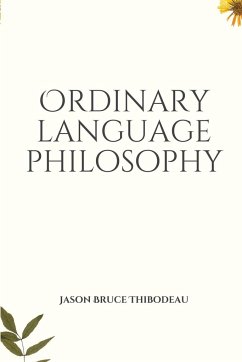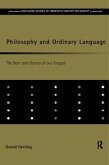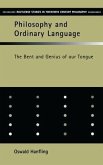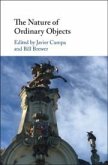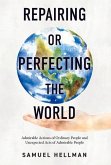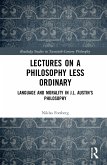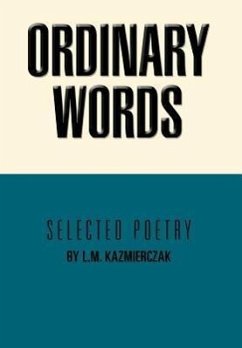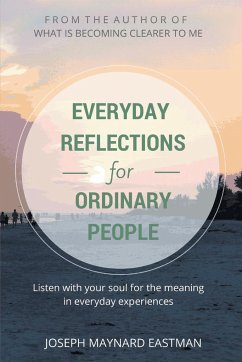This dissertation argues that ordinary language analysis offers a means of critically evaluating substantive philosophical claims as well as providing a tool for constructing answers to philosophical conundrums. It has been neglected due to some powerful, though ultimately misguided, objections. Those who called themselves ordinary language philosophers did not effectively explain or defend their methodology and thus these objections were never adequately met. This dissertation articulates and defends the methodology and its core theoretical commitments. Ordinary language philosophy is essentially an empirical investigation into how words are used in ordinary (non-philosophical) contexts. Some believed that we could eliminate philosophical conundrums via such analysis. Wittgenstein, for example, thought that most philosophical problems were caused by linguistic confusion. I argue that the methodology does have an important critical role to play, but I also believe that it can be an important tool in constructing genuine solutions to problems.
Hinweis: Dieser Artikel kann nur an eine deutsche Lieferadresse ausgeliefert werden.
Hinweis: Dieser Artikel kann nur an eine deutsche Lieferadresse ausgeliefert werden.

